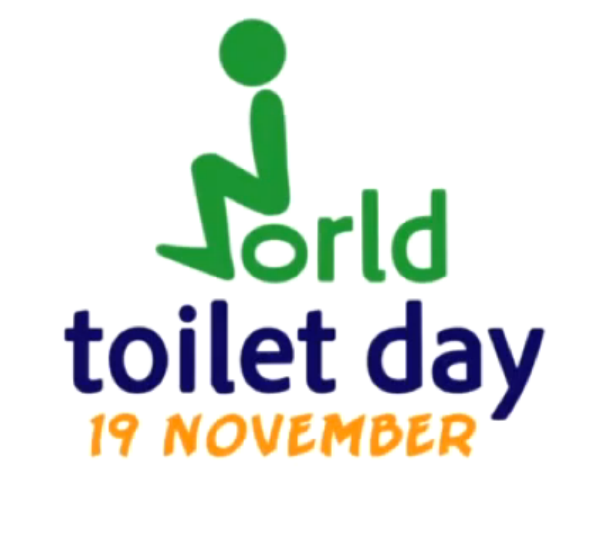Seattle Times, Dec. 31, 2020
Sydney Brownstone
A highly contagious intestinal infection is spreading in King County and primarily infecting people living through homelessness, public-health officials reported Wednesday.
King County typically sees about two to three reported cases of shigella infection, a bacterial disease transmitted by fecal matter, per week this time of year. But since Dec. 14, county public-health officials have counted 22 cases and 40 total since the end of October.
Of those, 70% of cases occurred to people who reported being homeless, having unstable housing or used homeless services in the last 12 months, according to Public Health — Seattle & King County.
Portland also has seen a spike in cases of shigellosis this year, with more than 70 homeless people sickened as of September.
But shigellosis is just one of several infectious-disease outbreaks in local homeless communities that have alarmed public-health officials in recent years.
In 2018, the King County Board of Public Health declared homelessness a public-health disaster, citing outbreaks of diseases like shigella, Group A Streptococcus and Bartonella quintana, a rare infection spread by body lice.
Surges in shigella infections also can be a warning bell that an HIV outbreak is on its way. Seattle, Portland and San Francisco all have seen significant HIV — and accompanying diseases of syphilis, shigella, hepatitis A and C — outbreaks among homeless communities in recent years.
COVID-19 has only exacerbated longstanding public-health concerns around the dearth of hygiene and sanitation resources available to people who are homeless. As homeless shelters limited their intake and businesses shuttered indoor dining and restrooms in response to COVID-19, people living outside or in their cars have struggled to find bathrooms, showers and potable water.
In March, an outbreak of hepatitis A, a highly contagious liver disease transmitted in the same manner as shigella that can potentially cause death, peaked among King County’s homeless population.
Both hepatitis A and shigella bacteria can be spread from one person to the next when a person does not wash hands after using the bathroom or through sexual contact.
“Outbreaks of Shigella among people living homeless are often a reflection of the lack of access to medical care, basic hygiene and sanitation resources,” Public Health medical epidemiologist Elysia Gonzales said in a statement posted to the agency’s blog.
To address public-health concerns around outdoor homelessness during the pandemic, both King County and Seattle have funded services and new emergency shelter, including hotel rooms, for people living outside. Seattle also has distributed hygiene kits to encampments, conducted trash and litter picks, set up some new portable toilets and handwashing stations and opened public bathrooms at five library branches.
Most cases of shigellosis between 2013 and 2019 have infected people who were housed. The number of shigellosis cases in King County skyrocketed in 2017, when public-health officials recorded 163 infections. Between 2009 and 2016, the number of annual shigellosis cases in King County had ranged from 43 to 80.
In 2018, shigellosis cases increased another 67% as the result of two major outbreaks linked to food service and an elementary school. Cases have declined somewhat over the past two years: 173 in 2019 and 129 in 2020, according to Public Health’s preliminary data.
The agency reports that it has identified at least 20 different homeless service sites people visited before getting sick or while infected with shigella.



